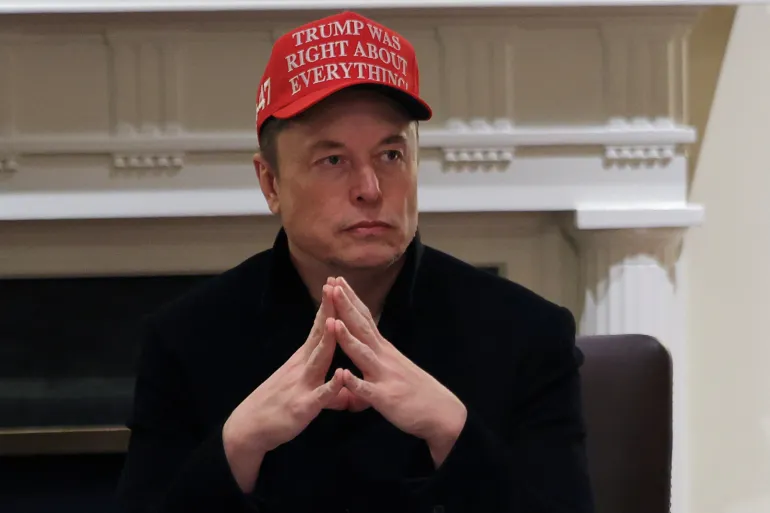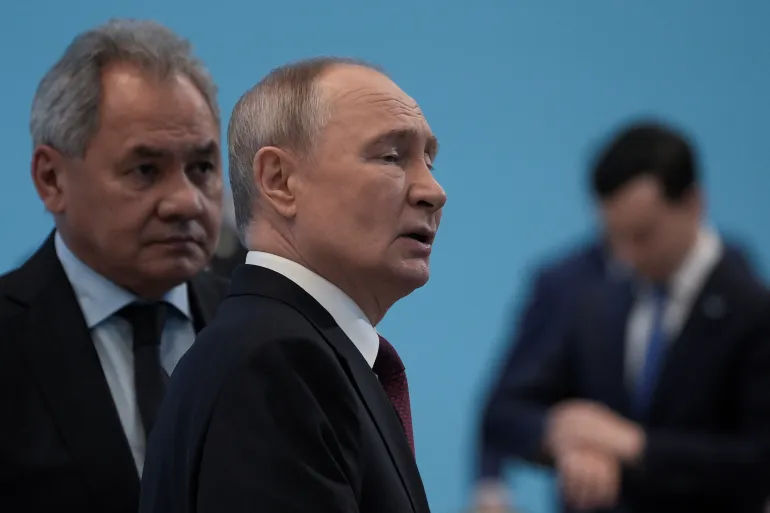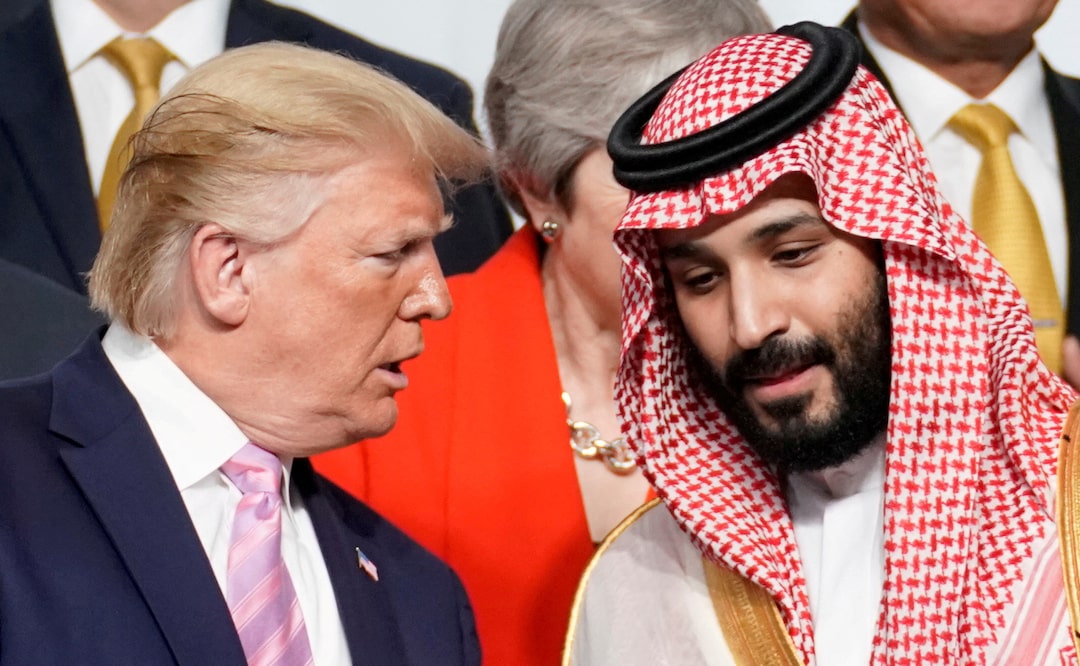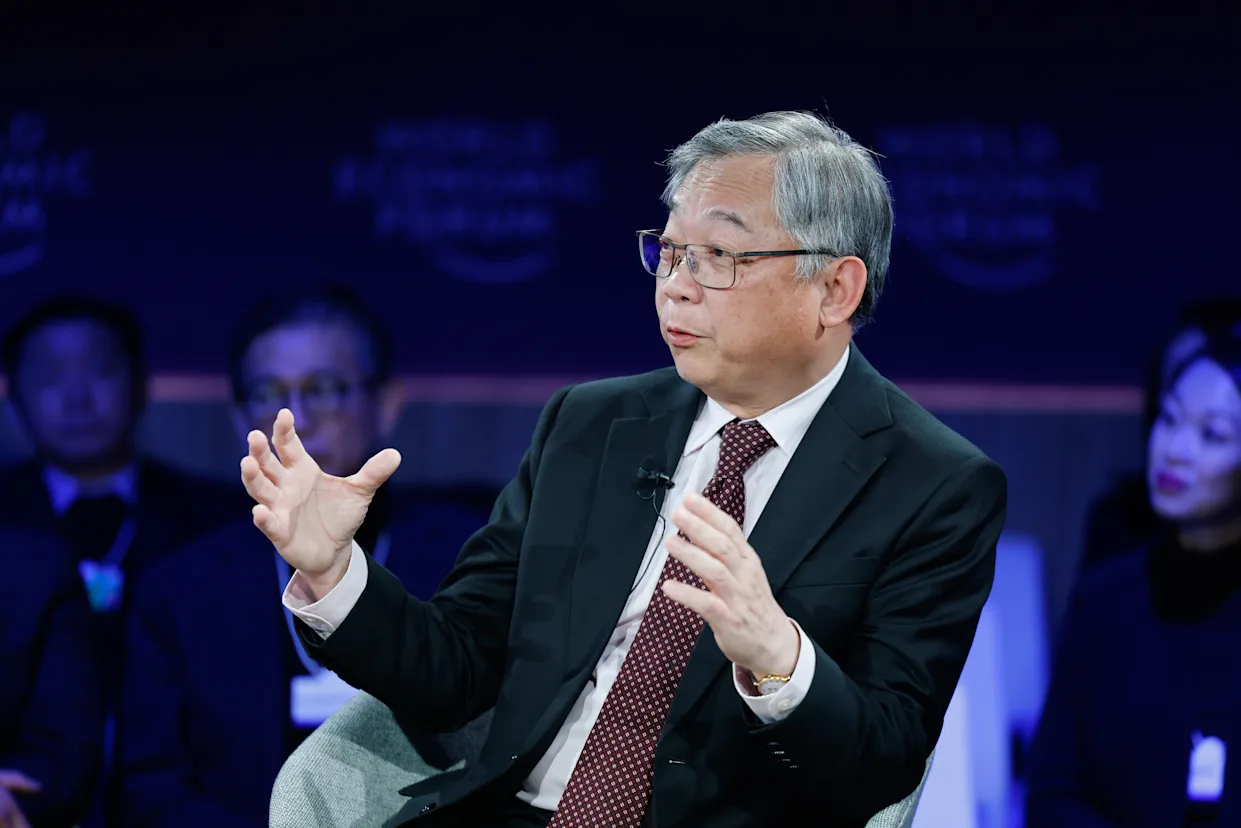Elon Musk, the CEO of Tesla and SpaceX, has formally resigned from his role as a senior adviser in Donald Trump’s administration, citing mounting disagreements with the president over key policy directions and an increasingly untenable political climate. The decision comes as a significant blow to Trump’s efforts to project a tech-savvy and innovative image in his second term.
Musk, who had accepted a ceremonial but influential advisory role in early 2025, reportedly grew disillusioned with the administration’s policy shifts, particularly on environmental deregulation, technology export controls, and immigration. Sources close to Musk indicated he had privately expressed concern over being used as a symbolic figure rather than having a meaningful impact on policy formulation.
According to Al Jazeera, Musk’s departure was officially announced on May 29. In a brief public statement, Musk said, “It has become clear that my continued presence in the administration is no longer aligned with my principles or the direction I believe the country should move in.” He did not elaborate further.
Tensions had been building for weeks. Musk reportedly clashed with Trump’s inner circle over the administration’s decision to impose stringent controls on U.S. technology sales to China. The policy, which critics say harms American companies and innovation, has been a sticking point between Musk—whose companies have substantial international exposure—and Trump’s more protectionist advisers.
The final straw is believed to be Musk’s growing discomfort with Trump’s approach to climate and environmental policies. Despite his push to promote space exploration and clean technology, the administration has continued to roll back climate-related regulations and support fossil fuel expansion—moves that conflict with Musk’s public advocacy for sustainability.
Sources within the administration also noted that Musk was frustrated by the lack of substantive discussion around infrastructure modernization and science funding, two areas he had hoped to influence. Instead, Musk found himself sidelined in favor of more ideological voices within Trump’s cabinet.
The resignation has sparked mixed reactions. Critics of the administration see it as further evidence of dysfunction and a growing disconnect between Trump and the tech industry. Others argue that Musk’s exit is unlikely to affect core policy decisions but could weaken Trump’s attempts to bridge gaps with Silicon Valley.
White House Press Secretary Caroline Lewis downplayed the resignation, stating, “We thank Mr. Musk for his contributions and wish him well. The president remains committed to American innovation and leadership in the tech sector.” She did not address any of the specific disputes that led to the split.
Musk’s departure also raises questions about the future of Trump’s ambitious technological projects, including the expansion of U.S. space defense systems and support for AI development. While Musk had no direct control over these programs, his presence lent credibility and a sense of forward-thinking leadership.
This development follows a pattern seen during Trump’s previous term, when several high-profile business leaders resigned from advisory roles amid political controversies and strategic disagreements.
For now, Musk has returned to focusing full-time on his businesses. In a tweet following his resignation, he stated, “Back to work—lots to build, and the future won’t wait.”
Source; Al Jazeera



